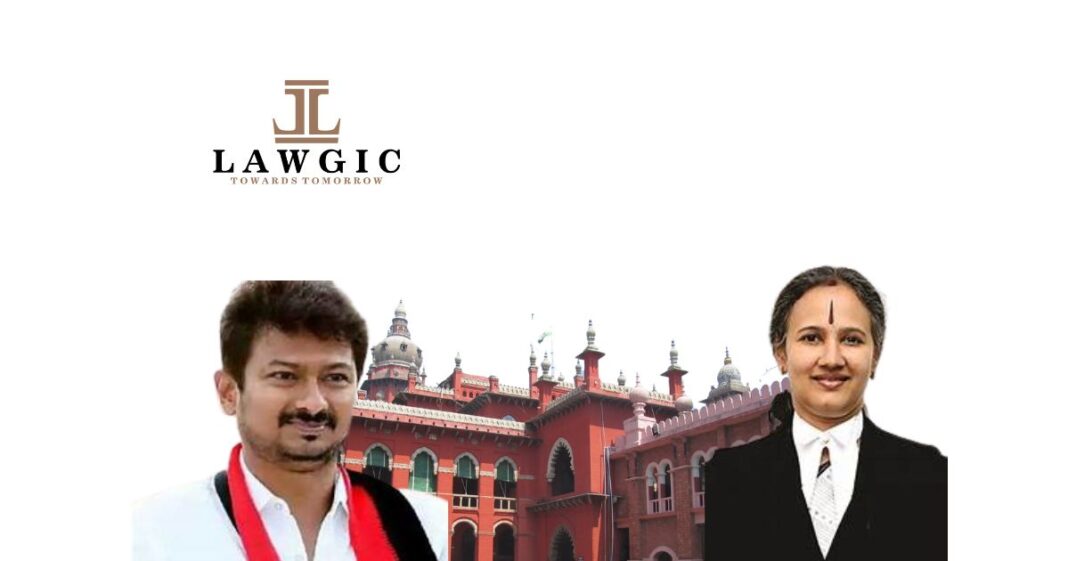A single bench of Justice Anita Sumanth of the Madras High Court said that the remarks made by the State Minister Udhayanidhi Stalin concerning Sanatana Dharma were “divisive” and in contradiction to Constitutional tenets, further expressed that such statements should have been made.
The bench said “Those holding constitutional positions can propound only one principle. And that is the principle of constitutionalism. Making unverified claims on Sanatana Dharma tantamounts to spreading misinformation”
Justice Anita Sumanth opted not to issue a writ of quo warranto for the removal of Minister Stalin, “While the petition against Stalin is maintainable, Court can’t issue a writ of Quo Warranto as no action under law has been taken against the minister that can cause him to be disqualified”.
The bench clarified that it lacks the authority to issue such a directive unless Stalin is legally disqualified from holding the position.
During the court proceedings, Senior Counsel P. Wilson, representing Stalin, contended that the writ was deemed invalid as Stalin had not violated his oath of office. Wilson emphasized that Stalin had advocated for the elimination of certain aspects of Sanatana dharma, specifically the ‘Varnashrama dharma,’ which delineates duties based on the four varnas or caste-based divisions.
Subsequently, the Court queried Stalin about the foundation of his statements and whether he had conducted any research on Varnashrama and Sanatan Dharma before making such assertions.
In its ruling, the Court deemed Stalin’s comparison of “Sanatan dharma to HIV, Dengue, and Malaria” as a violation of constitutional norms. While such actions could render a politician susceptible to disqualification, the Court clarified that it could not issue a writ of quo warranto, as requested in the petition, without any formal actions taken against Stalin or others involved. Consequently, the Court dismissed the petition.


